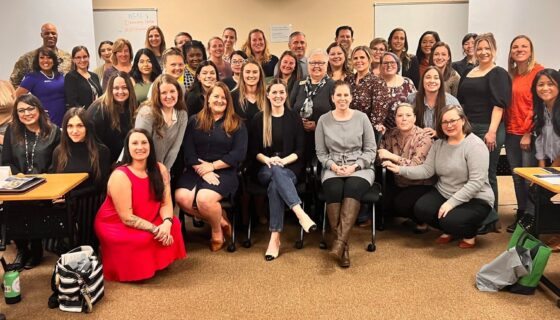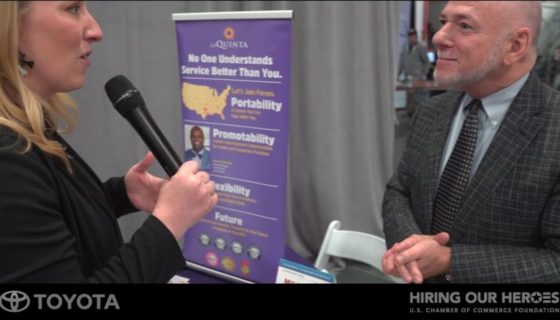Wired for Success: How a Marine Veteran Took Charge of His Post-Service Career

U.S. Marine Corps veteran Tom Chhabra successfully transitioned from military service to a thriving career in the solar industry. As a staff technical trainer in an energy department, Tom’s journey exemplifies how military skills can seamlessly align with corporate roles through determination and strategic planning.
From Military Classroom to Corporate Training
During his military service, Tom served as an assistant professor at the U.S. Army Command and General Staff College—one of the few Marines on the staff. Today, he uses those skills to design curriculum and facilitate training courses for customer support at the clean energy division of Tesla, Inc., which develops, manufactures, sells, and installs photovoltaic solar energy generation systems and battery energy storage products.
His path from military education to corporate training was marked by thoughtful reflection and strategic decision-making. “I have deep experience in learning and development from my military career,” Tom shares. His expertise in adult learning, training development, and workshop facilitation proved invaluable in his new role.
Navigating the Transition with Precision
Tom’s transition journey began with a mentor who helped him frame his strategy for re-entry into the corporate job market. Through this period of discovery and extensive networking, he applied for and was accepted into the Corporate Fellowship Program with Hiring Our Heroes and found his current role through the Solar Ready Vets initiative. Interestingly, Tom wasn’t specifically targeting work in the solar industry. “I was looking for a company that was bold and innovative,” he recalls. These traits led him to his future employer and the Solar Ready Vets program.
Related: How a Veteran Transferred Military Skills into a Career in Solar Energy
A Structured Fellowship Experience
Once accepted into his fellowship role, Tom credits his manager’s structured approach for helping him succeed. “On my first day, she provided me with a 12-week plan outlining her suggested approach to my project,” he says. This clear roadmap allowed him to focus on key milestones while giving him autonomy over how he met them.
Regular one-on-one meetings during the initial weeks offered opportunities for feedback and brainstorming. As Tom progressed through his fellowship, these meetings became less frequent but continued to be important for tracking progress. The project not only provided an opportunity to demonstrate his skills but also gave Tom meaningful opportunities to build relationships within the organization.
As his fellowship concluded, discussions about full-time employment began. Although there were no immediate openings on his manager’s team at the time, she advocated for him with other hiring managers who had open positions. Ultimately, Tom was offered a full-time role shortly after finishing his fellowship.
Advice for Fellow Veterans
Tom offers several key tips for veterans considering a similar transition:
- Take Ownership: “You are responsible for your military-to-civilian transition.”
- Utilize Resources: Explore available resources and select what works best for you.
- Network Broadly: Build connections with both veterans and non-veterans; those outside the military can provide unexpected insights.
- Seek Honest Mentorship: “Find a mentor who will tell you what you need to hear—not just what you want.” Honest feedback is essential.
- Prioritize Relationship-Building: Start networking early and nurture those relationships throughout your transition—and beyond.
- Embrace the Learning Curve: Accept that you’ll be new to your company’s culture and role; asking questions or seeking feedback demonstrates strength.
- Pay It Forward: Look forward to helping others as they begin their own transitions: “A team of people helped you succeed, and you will be part of the team for another veteran as they start their journey.”
Powering Progress
Tom’s story highlights how combining military-honed skills such as leadership, adaptability, and communication with Hiring Our Heroes resources can open doors for service members starting new careers in innovative fields. The Solar Ready Vets Corporate Fellowship gave Tom the structure and exposure he needed, while his mentors provided valuable guidance. Most importantly, his ability to reflect and adapt played a key role in his success.
At Hiring Our Heroes, we’re proud to spotlight veterans like Tom who bring their expertise and skills to strengthen and grow our nation’s workforce. His story shows that making a successful transition to a civilian career requires persistence, focus, and community support. By leveraging available resources, building strong networks, and seeking out employers that value his military experience, Tom is thriving in his post-service professional journey.



